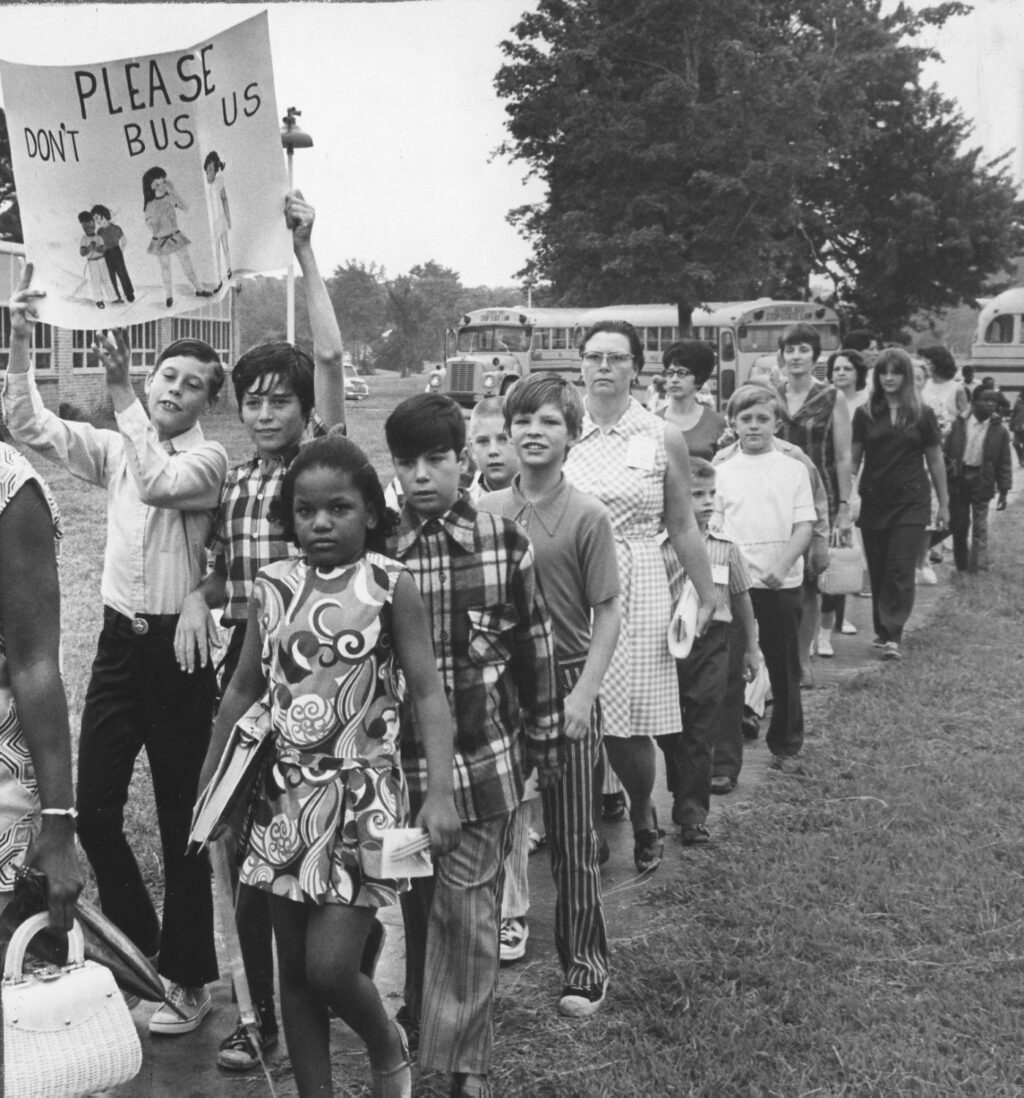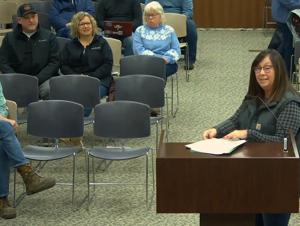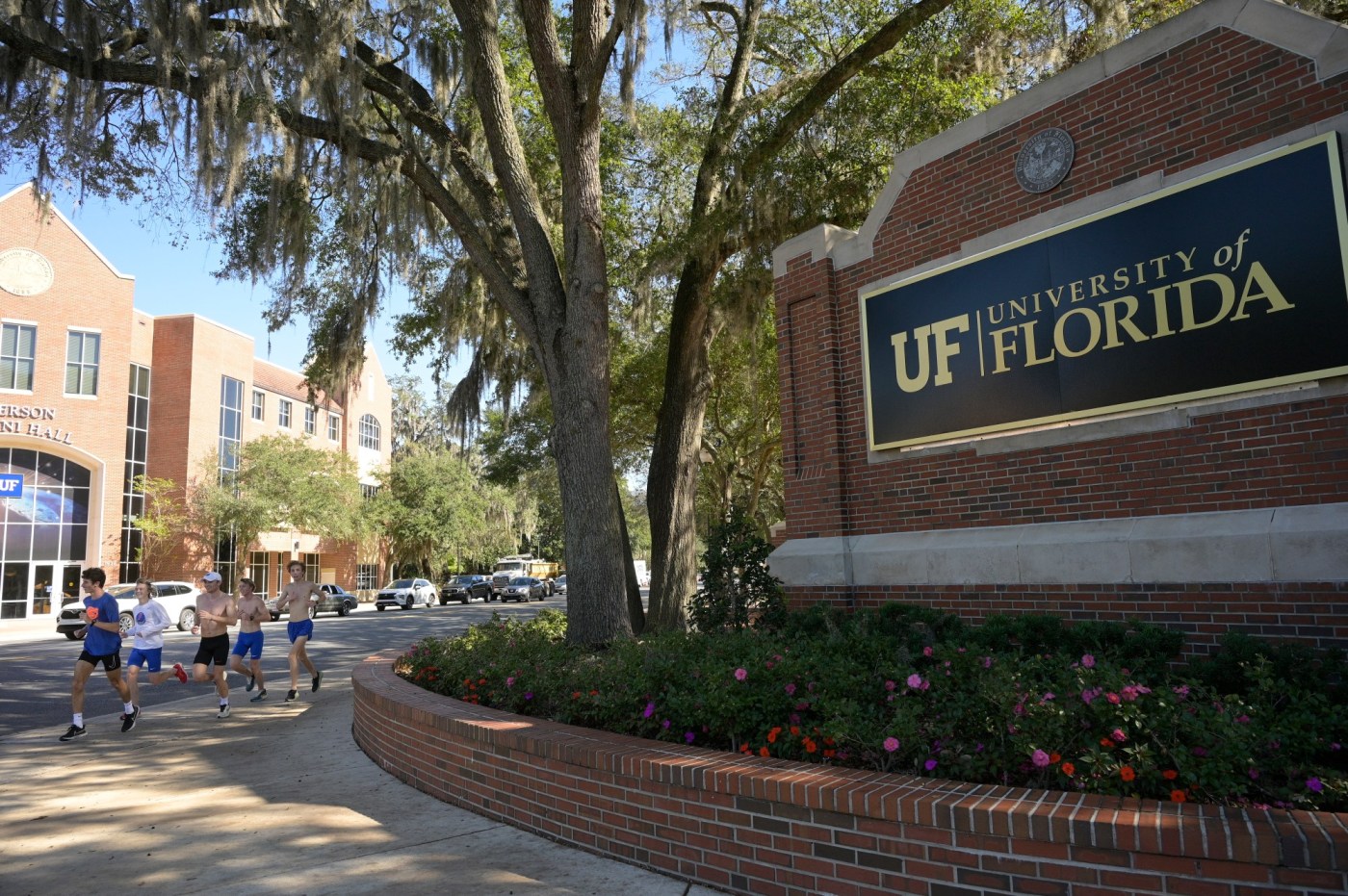
The city of Hampton, Virginia, is set to acknowledge a significant chapter in its educational history. In the mid-1960s, the city implemented a pioneering desegregation plan, making a concerted effort to integrate its school staff. This initiative, led by board chairman Hunter B. Andrews, involved a select group of teachers who played a crucial role in facilitating the transition during a turbulent period in American history.
The Supreme Court’s ruling in Brown vs. Board of Education in 1954 was a landmark decision that declared racial segregation in public schools unconstitutional. However, many southern states, including Virginia, resisted this mandate. Virginia’s public schools remained closed for five years starting in 1956 to maintain segregation, delaying the integration process until the early 1970s. Despite widespread resistance, Hampton’s approach diverged from the norm.
The Pioneers of Desegregation
Unlike other regions that shuttered their schools, Hampton chose to keep its public schools open, adopting a voluntary integration strategy. The plan began in the 1965-66 academic year, recruiting a group of 26 teachers—comprising both Black and white educators—to spearhead the desegregation efforts.
Unfortunately, the initiative faced challenges from the start. Due to a lack of participation from white teachers, only these 26 teachers of color stepped forward to join the program. They were strategically assigned two educators to each of the 13 schools in Hampton, preparing for the unique challenges they would encounter from students and parents.
Despite their significant contributions, the identities of these 26 pioneering teachers remain largely unrecognized. Efforts to identify them through local school boards and community outreach have been unsuccessful. Their commitment and bravery deserve acknowledgment, as they played an instrumental role in the success of Hampton’s desegregation efforts.
Community Perspectives and Current Issues
Community members, like Nancy Williams, have been vocal in urging recognition for these educators. Williams emphasized the importance of honoring their legacy as pioneers who laid the groundwork for a more equitable educational environment in Hampton.
Furthermore, discussions around local governance reflect broader concerns about community engagement and representation. Recent decisions, such as Congresswoman Jen Kiggans‘ vote to retract funding from WHRO Public Broadcasting, have sparked criticism. WHRO has been a vital asset for the Tidewater community, producing impactful content like the documentary “Against The Current,” which addresses the pressing issue of sea level rise on the Eastern Shore.
Critics argue that Kiggans’ decision undermines the quality of life for residents who rely on public broadcasting for important information and community engagement. Calls for dialogue and accountability have emerged from constituents eager for a town hall to discuss these pressing issues affecting their lives.
As Hampton prepares to honor its educational pioneers, the community reflects on the ongoing challenges and responsibilities tied to civic engagement and representation. Recognizing the past is crucial to ensuring a fair and inclusive future for all residents.






